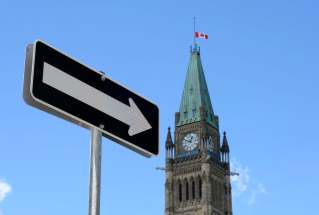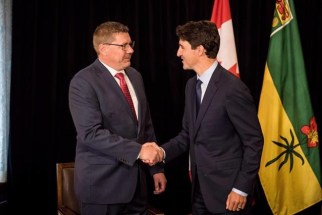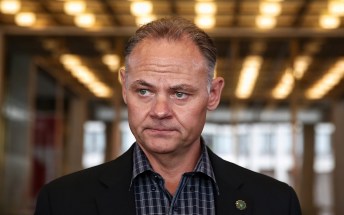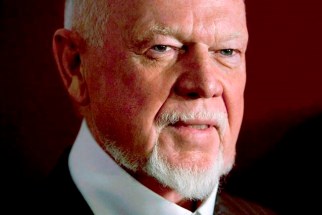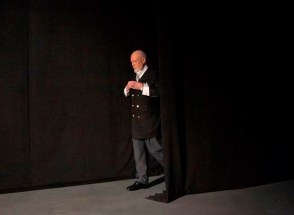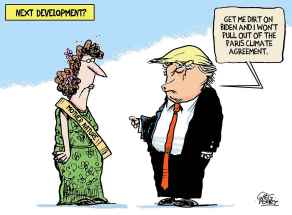Follow the leader Resumé-focused MPs unlikely to rock boat to advocate for constituents, observers say
Read this article for free:
or
Already have an account? Log in here »
To continue reading, please subscribe:
Monthly Digital Subscription
$19 $0 for the first 4 weeks*
- Enjoy unlimited reading on winnipegfreepress.com
- Read the E-Edition, our digital replica newspaper
- Access News Break, our award-winning app
- Play interactive puzzles
*No charge for 4 weeks then billed as $19 every four weeks (new subscribers and qualified returning subscribers only). Cancel anytime.
Read unlimited articles for free today:
or
Already have an account? Log in here »
Hey there, time traveller!
This article was published 11/11/2019 (1620 days ago), so information in it may no longer be current.
OTTAWA — While the five political parties whose candidates were elected to the Commons last month will be jockeying to distinguish themselves from each other, expect your MP to lie low.
For decades, political power has increasingly been concentrated in leaders’ offices, and many on Parliament Hill expect this to intensify under a minority government.
Britons expect MPs to put riding first
OTTAWA — For years, the non-partisan Samara Centre for Democracy has asked new MPs to remember that they’re primarily accountable to the constituents who elected them, after interviewing numerous MPs who left the Hill and hearing many felt stifled by party control.
The group’s research helped inspire the Reform Act, after arguing that parties can make better decisions when MPs have a voice within their own party, instead of leaders taking feedback only from those who are the most loyal.
OTTAWA — For years, the non-partisan Samara Centre for Democracy has asked new MPs to remember that they’re primarily accountable to the constituents who elected them, after interviewing numerous MPs who left the Hill and hearing many felt stifled by party control.
The group’s research helped inspire the Reform Act, after arguing that parties can make better decisions when MPs have a voice within their own party, instead of leaders taking feedback only from those who are the most loyal.
In an interview last month, Samara research director Michael Morden noted that amid last spring’s SNC-Lavalin scandal, it was Prime Minister Justin Trudeau who ejected Jody Wilson-Raybould and Jane Philpott from the Liberal party without a caucus vote. Had the party ratified the Reform Act, MPs would have been able to vote on whether to keep either in the party, and be held accountable for that choice.
To Morden, the ejection sends a message to MPs to stay in line.
He noted that in the United Kingdom, government MPs have blocked the prime minister from rushing through Brexit legislation on the basis that it would harm their constituents, because of the British public’s expectation that those concerns should trump party loyalty.
Yet critics of the Reform Act say giving MPs to power to purge leaders can be anti-democratic, by taking away the responsibility for choosing leaders from grassroots party members, and causing a rift when they don’t agree with the party’s MPs.
They cite Manitoba’s November 2014 NDP caucus revolt, when five key provincial ministers resigned over substantial disagreements with then-premier Greg Selinger.
While the five felt a new leader was needed to maintain public legitimacy, the party membership re-elected Selinger just four months later. The party then faced a historic loss at the polls a year later, though observers note the NDP accumulated numerous issues over 17 years in office that led to their massive election defeat.
— Dylan Robertson
“If you stick to (your party’s) script, you’re going to have a very happy but unremarkable career in politics,” former Edmonton MP Brent Rathgeber said in an interview.
The role of MPs has shifted from the primary duty of representing their ridings and scrutinizing government spending toward toeing the party line.
It was this concentration that convinced Rathgeber to leave the Conservative party in 2013, after five years as a Tory MP.
“The leaders’ offices have way, way too much power and there are very few effective checks and balances on them,” he said.
And he doubts MPs actually want autonomy.
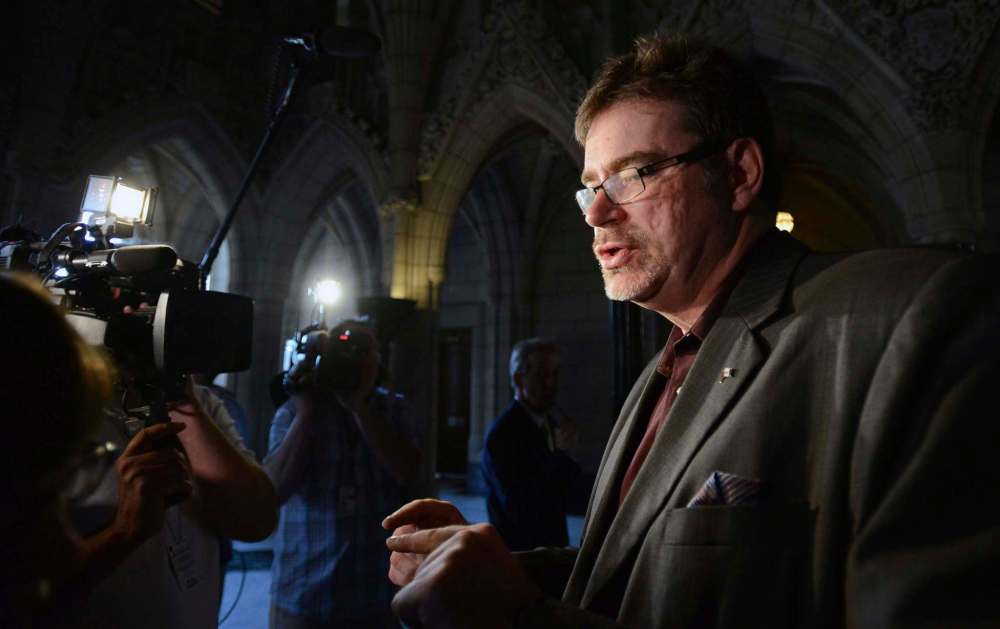
He points out that Canada has half the number of Commons seats as Britain and double the amount of cabinet posts, leaving MPs incentivized to defer to their leader in the hopes of being rewarded with the power — and salary bump — that comes from being a minister, parliamentary secretary or committee chair.
“I believe wholeheartedly that nobody runs for Parliament because they want to be a member of Parliament,” he said. “Everybody’s auditioning for a front-bench role of some sort. That’s fundamentally wrong.”
Last week, amid questions about Conservative Leader Andrew Scheer’s viability as party head, Tory MPs took a pass on giving themselves more power, including the ability to hold a vote on Scheer’s leadership.
That’s one provision of the Reform Act, a 2015 law passed with much fanfare, which asks party caucuses to vote on whether MPs should have the ability to trigger a leadership review, and to vote on who can join or be expelled from the party.
The Tories voted against those powers last week. It’s unclear whether the Liberals will even hold a vote on those measures — the party didn’t after the 2015 election, leaving these powers in the hands of Prime Minister Justin Trudeau.
“I believe wholeheartedly that nobody runs for Parliament because they want to be a member of Parliament. Everybody’s auditioning for a front-bench role of some sort. That’s fundamentally wrong.” – Former Edmonton MP Brent Rathgeber
“That’s a far cry form the expectations and the hype of the Reform Act,” said Carleton University political scientist Jonathan Malloy. “It’s amazing how low-key, how obscure it is, if the parties are even having these votes or not.”
Malloy, a longtime specialist in parliamentary government, said there’s a “perennial” tension between MPs representing a party and being the voice of their constituents.
He noted that MPs rarely differentiated themselves from their leaders in the previous three minority governments, which was among the key reasons people used in advocating for the Reform Act, which appears to have never been used.
“To me it’s an example, that there are often these technical ideas on how to reform Parliament — new rules and things like that. But ultimately it depends on the collective action of MPs, who are not grabbing that power.”
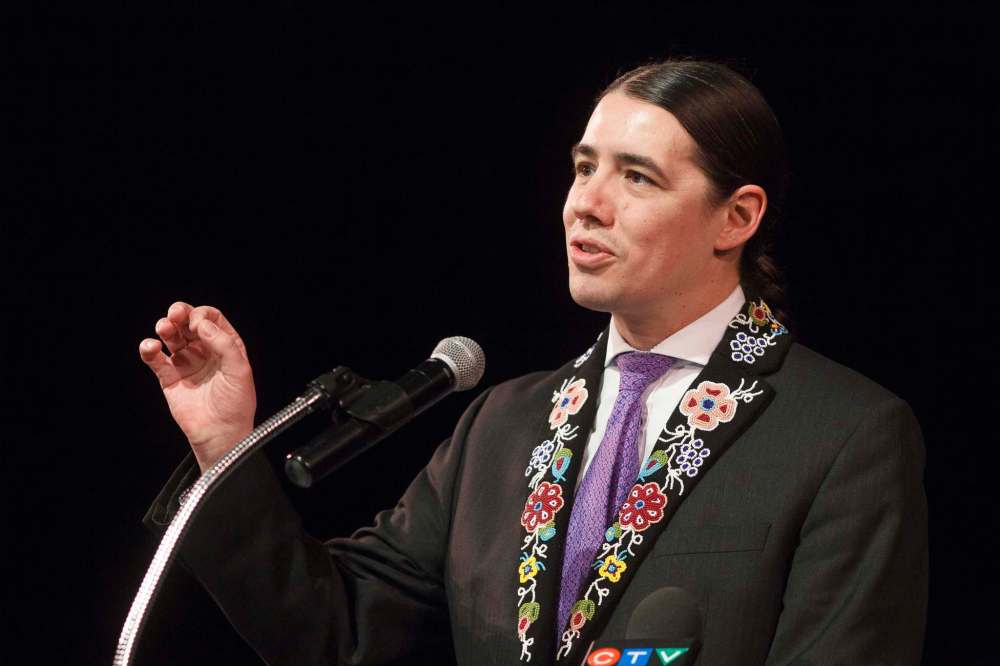
Winnipeg’s Robert-Falcon Ouellette was one of the most common dissenters in the last Parliament — in that he sided with his Liberal party only 98 per cent of the time in his 1,140 votes.
According to data compiled by University of Montreal political scientist Jean-François Godbout, that made Ouellete the fourth-most likely to break ranks, among 289 MPs from the three large parties.
Ouellette, who lost his seat last month, said he expects even less public dissent this time around, because an MP could accidentally cause the government to fall on a minor vote.
“I think (MPs) are going to have to have maybe a little bit more frank discussions in caucus about how they might be voting, and the consequences of voting certain ways,” he said.
Ouellette said Trudeau welcomed MPs charting their own course, and said voters have to support candidates who pledge to be autonomous, if they want MPs who put their constituents first.
“I was really the voice of the people of Winnipeg Centre; I was really not the voice of the party. And I kind of hope that it’s going to continue,” he said.
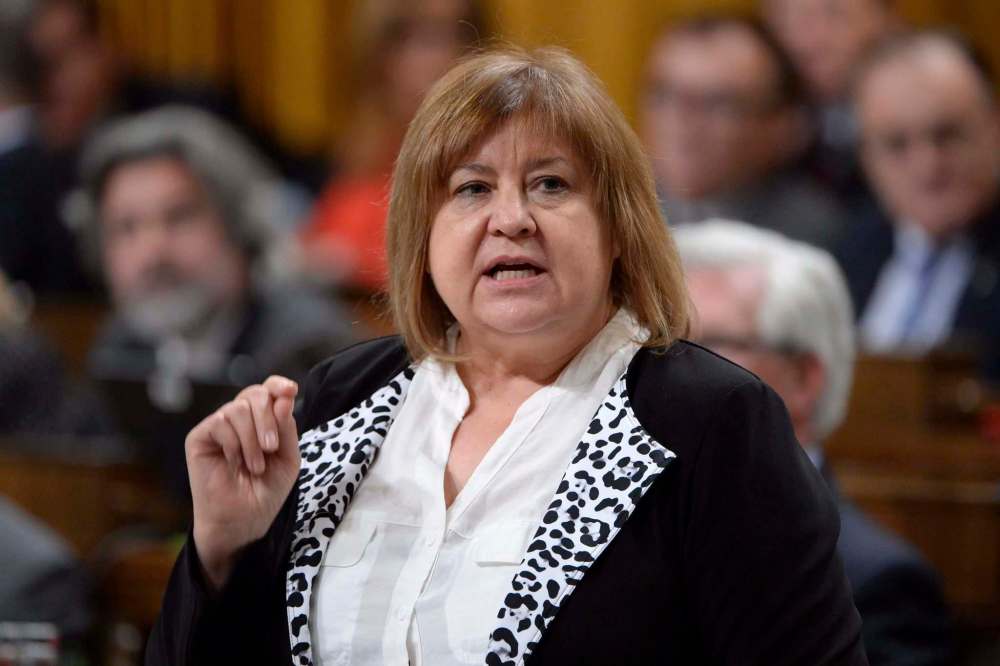
The other two Winnipeg Liberals who were not re-elected also were the most likely to differ with the party on certain issues. Doug Eyolfson pushed Trudeau to go further on pharmacare and to study drug decriminalization, while MaryAnn Mihychuk sided against Parks Canada moving artifacts out of the Prairies and opposed a law that forced striking postal workers back on the job.
Rathgeber says the only way to improve accountability in Parliament is to boost civic literacy, and have that slowly trickle down to how Canadians elect legislators, because surveys suggest most only vote for candidates based on the party leader.
“As long as all (MPs) are doing is cheerleading for their party leader and auditioning for a future cabinet role, we’re going to have what we have (now): a very dysfunctional House of Commons.”
dylan.robertson@freepress.mb.ca


